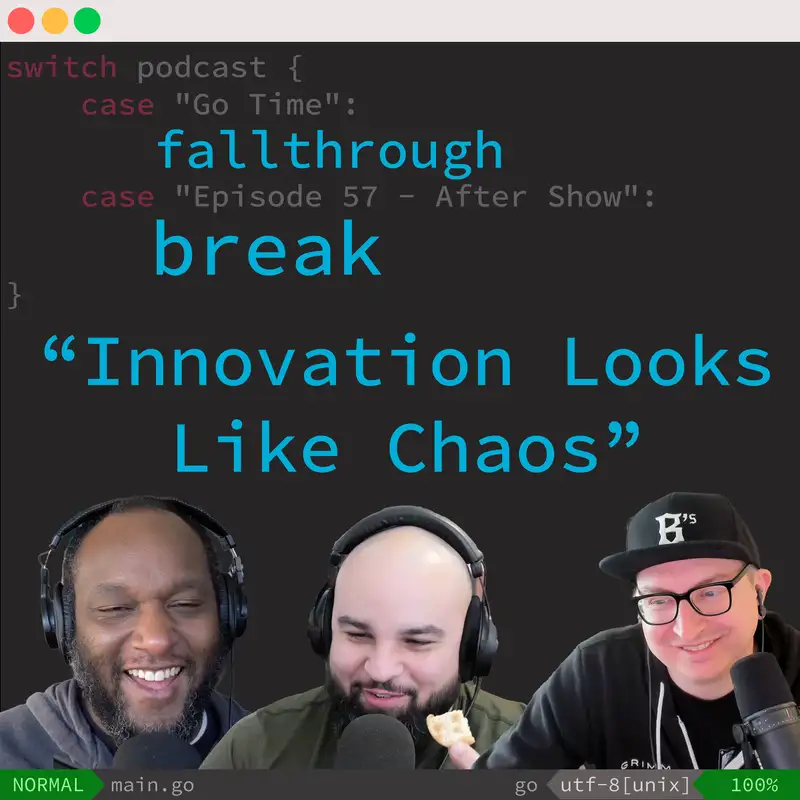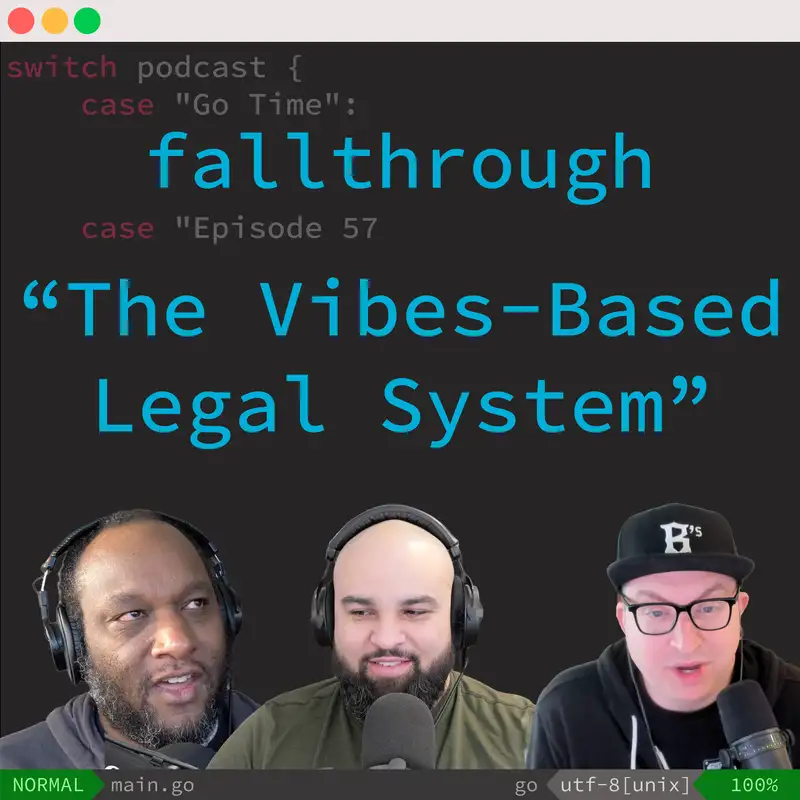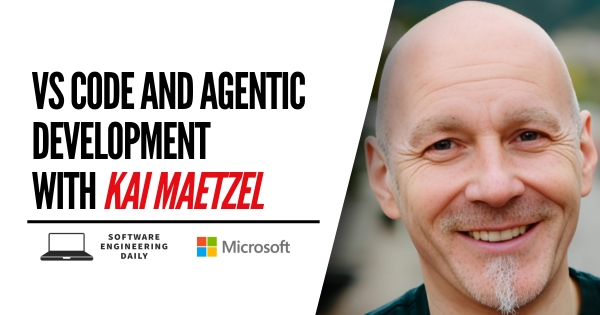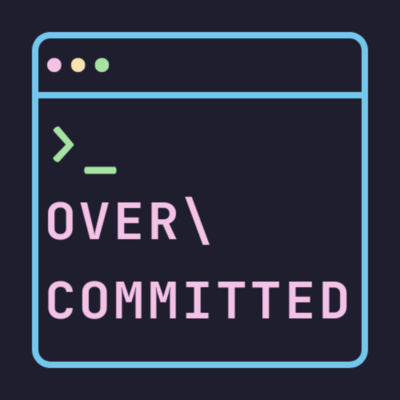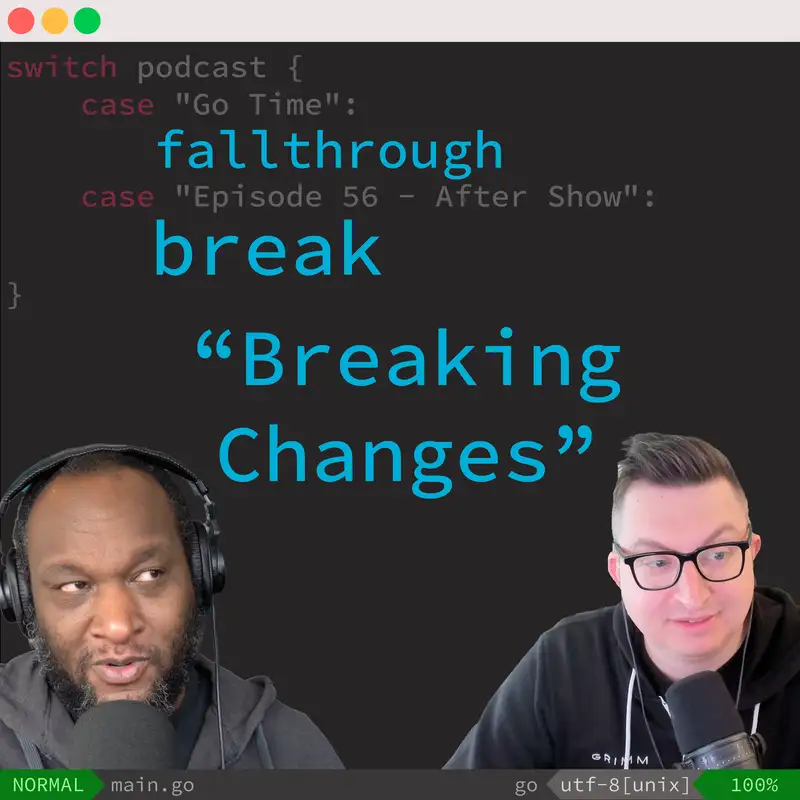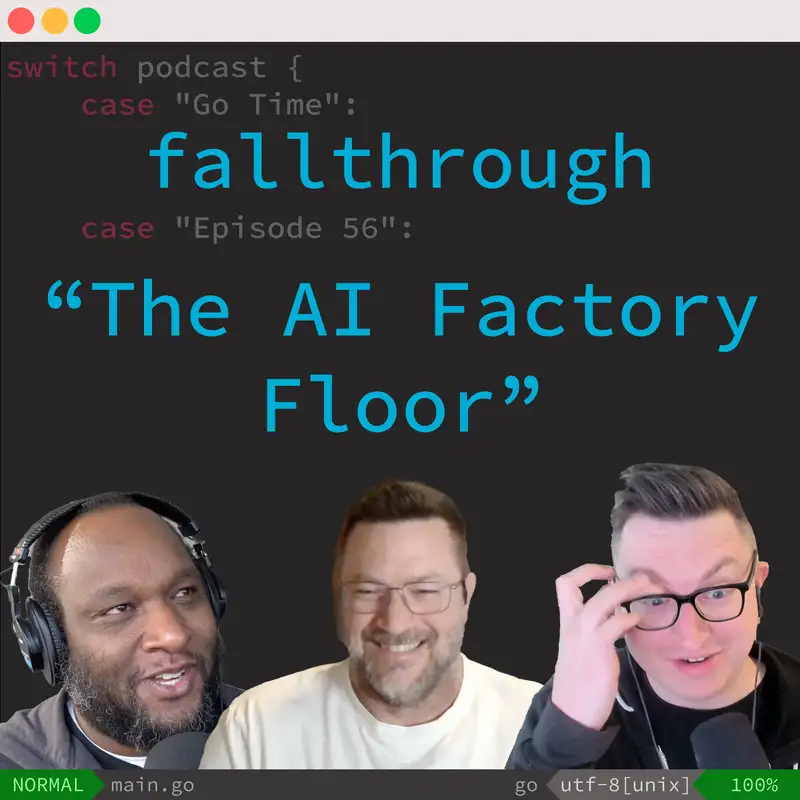Post details
Go 1.25.7 and 1.24.13 releasedUUIDs in the standard library?crypto/uuid: add API to generate and parse UUIDscrypto/rand: add UUIDv4 and UUIDv7 generatorsThe most popular Go dependency is...Lightning roundRust vs Go in 2026 by John ArundelWelcome to Gas Town by Steve YeggeInterview with Jakub...



